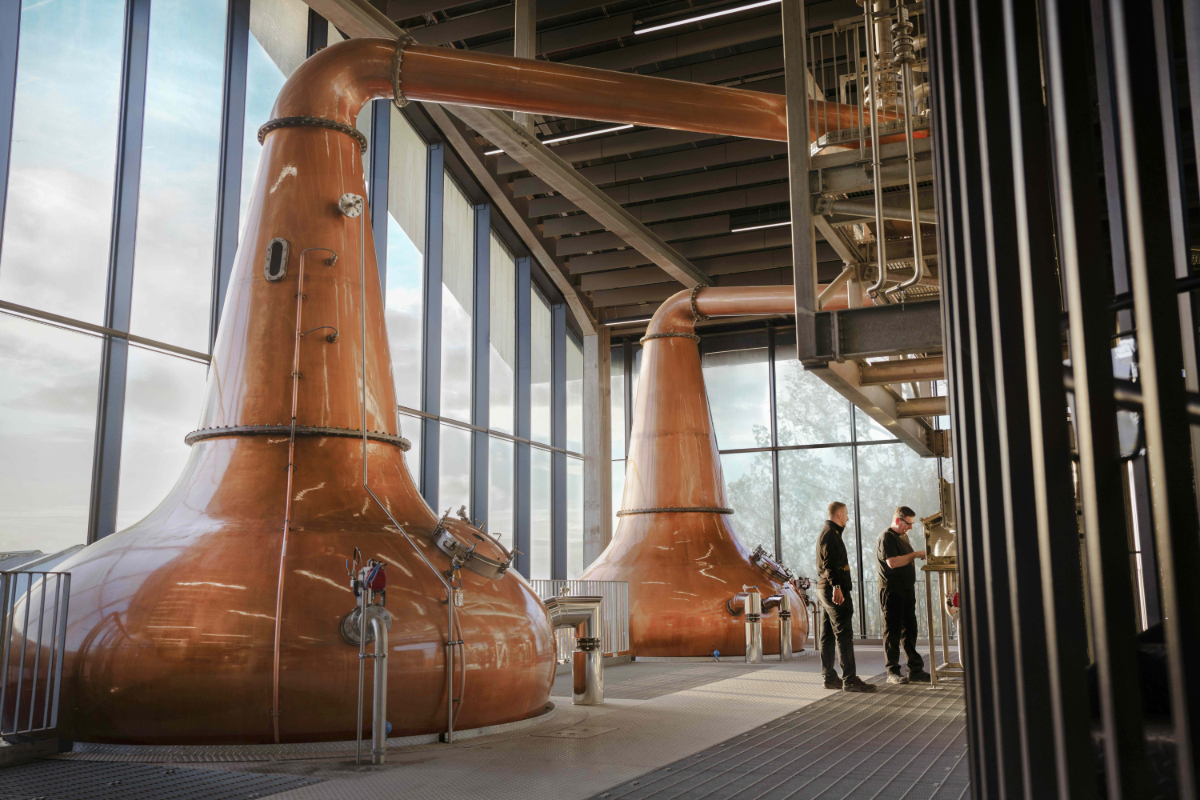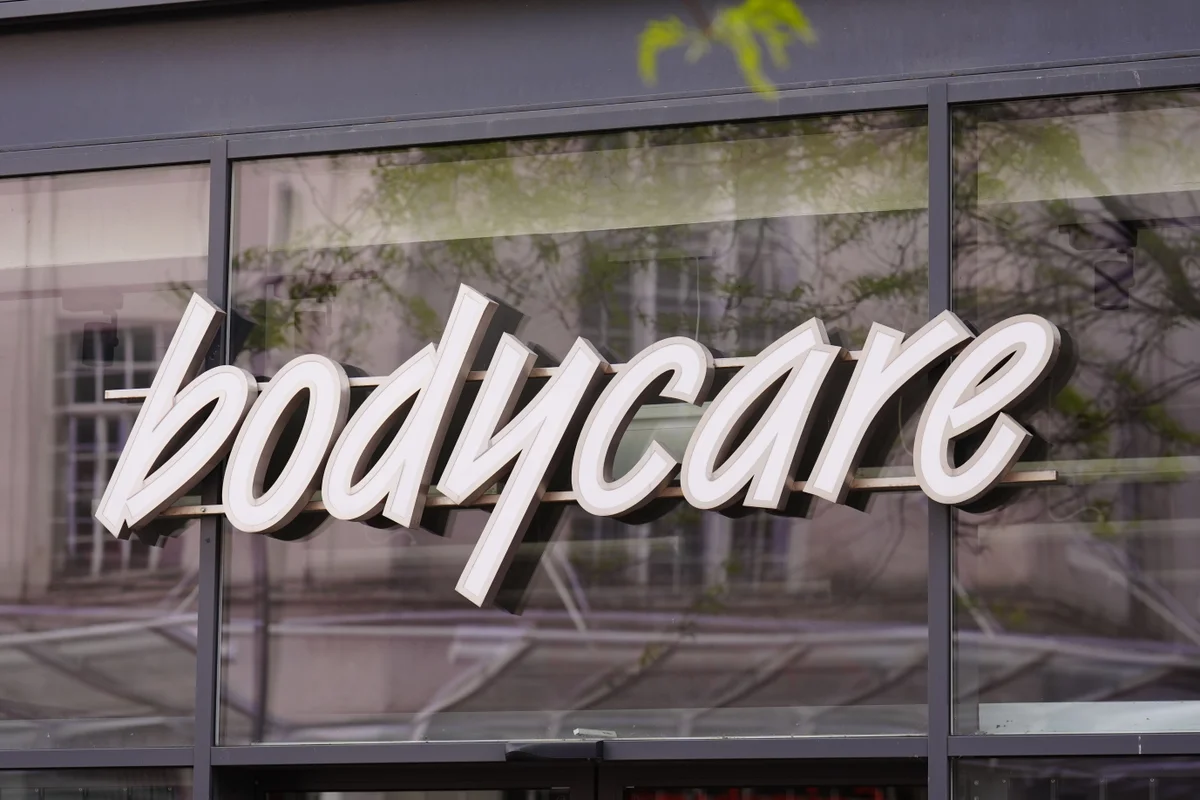By Rupert Hargreaves
Copyright cityam

Whisky Business: City AM’s monthly look at the world of whisky.
The 1980s were a particularly dark time in the history of the Scotch whisky industry. Throughout the decade, around a third of all Scottish distilleries closed their doors as demand dried up.
Even well-established players were caught in the slump. Distillers such as Carsebridge, also known as Kerse Bridge, which had been producing since 1799 and was, in the late 1880s, one of the largest whisky producers in Scotland, closed its doors in 1983.
The St. Magdalene distillery, also founded in the 1790s and one of the five original distilleries of Scottish Malt Distillers (SMD) (one of the foundation stones of Diageo), was also forced to shut down, despite its position as part of a larger, well-funded group.
However, the spirit of these closed distilleries never really disappeared, and over the past few years, several of these so-called ghost distilleries have reemerged. Sutherland’s Brora re-emerged in 2021, and last year, Port Ellen on Islay and Rosebank in Falkirk were reborn.
Scapa distillery on the Mainland of Orkney has also been reborn after being mothballed between 1994 and 2005. Changes have also been taking place outside of Scotland. In Japan, the Karuizawa Distillery in Nagano Prefecture resumed production of single malt for the first time in 22 years last year, utilising imported Scottish malt.
Boom and bust?
These distilleries have returned at an interesting time for the whisky sector, especially in Scotland.
Since 2015, 32 distilleries have opened in Scotland, with 14 opening in the previous decade.
In total, 46 new Scotch whisky distilleries have opened since the turn of the millennium, more than double the 17 that opened in the entire 20th century.
However, many of these new ventures began writing their whisky business plans in a very different time, and since then, a ‘perfect storm’ of negative factors, few, if any, of which were planned for, has emerged. The distillery expansion has now gone into reverse.
This year, Speyside distillery near Kingussie has closed its doors for good, along with Glenglassaugh. Isle of Harris has said it will reduce its production and workforce as part of a restructuring programme. Meanwhile, drinks giants Pernod Ricard, Diageo and LVMH have all announced budget or job cuts in one form or another.
While it’s clear the industry is struggling against some severe headwinds, there are plenty of bright spots, such as distillery tours. According to the Visit Scotland Visitor Survey 2023 (the latest year for which data is available) a quarter of visitors to Scotland visited a whisky, gin distillery or brewery.
That tallies with data from Diageo, which welcomed 1m visitors to its attractions across Scotland for the first time. That number’s even more impressive considering that back in 2019, all 67 of Scotland’s open distilleries welcomed 1.7m visitors in total.
Whisky Business: Saving grace
Distillery tours are rapidly becoming the industry’s saving grace during this period of uncertainty. A new category of super-premium tours is also emerging.
Diageo has launched the Johnnie Walker Vault: the £50,000 private Scotch experience while this October, Chivas Brothers (Pernod Ricard’s whisky arm) and Midleton Very Rare have teamed up to offer The Grand Whisk(e)y Tour, an exclusive tasting and touring experience across Ireland and Scotland starting at £13,000 a head.
The changing shape of the Scotch whisky industry illustrates the sector’s flexibility. It also shows that while there’s clearly some dark clouds gathering, there’s continued demand, especially at the high end.
The Distillers One of One® auction stands as a testament to that fact. The world’s leading charity auction of rare Scotch whisky, Distillers One of One, has raised £4.3m for charity since the first auction in 2021.
On Friday, 10th October 2025, at the historic Hopetoun House near Edinburgh, the next collection of lots will go under the hammer. From 19th to 30th September, the majority of auction lots will be on display at Sotheby’s New Bond Street, London, for the first time.
This year lots include: “Old Pulteney Polaris”, the oldest whisky ever released from Old Pulteney’s nearly 200-year-old distillery (guide price £26,000 – £40,000); Port Ellen Prism, the first of two commemorative releases to celebrate Port Ellen Distillery’s 200th anniversary (guide price £150,000-£300,000); the “William Shakespeare” a remarkable Mortlach single malt scotch whisky aged 63 years, the crowing bottle from Livingstone & Elixir Distillers’s Macbeth Collection (guide price £20,000-£25,000); and Isle of Raasay’s unique cask ownership experience (guide price £5,000 to £10,000).



